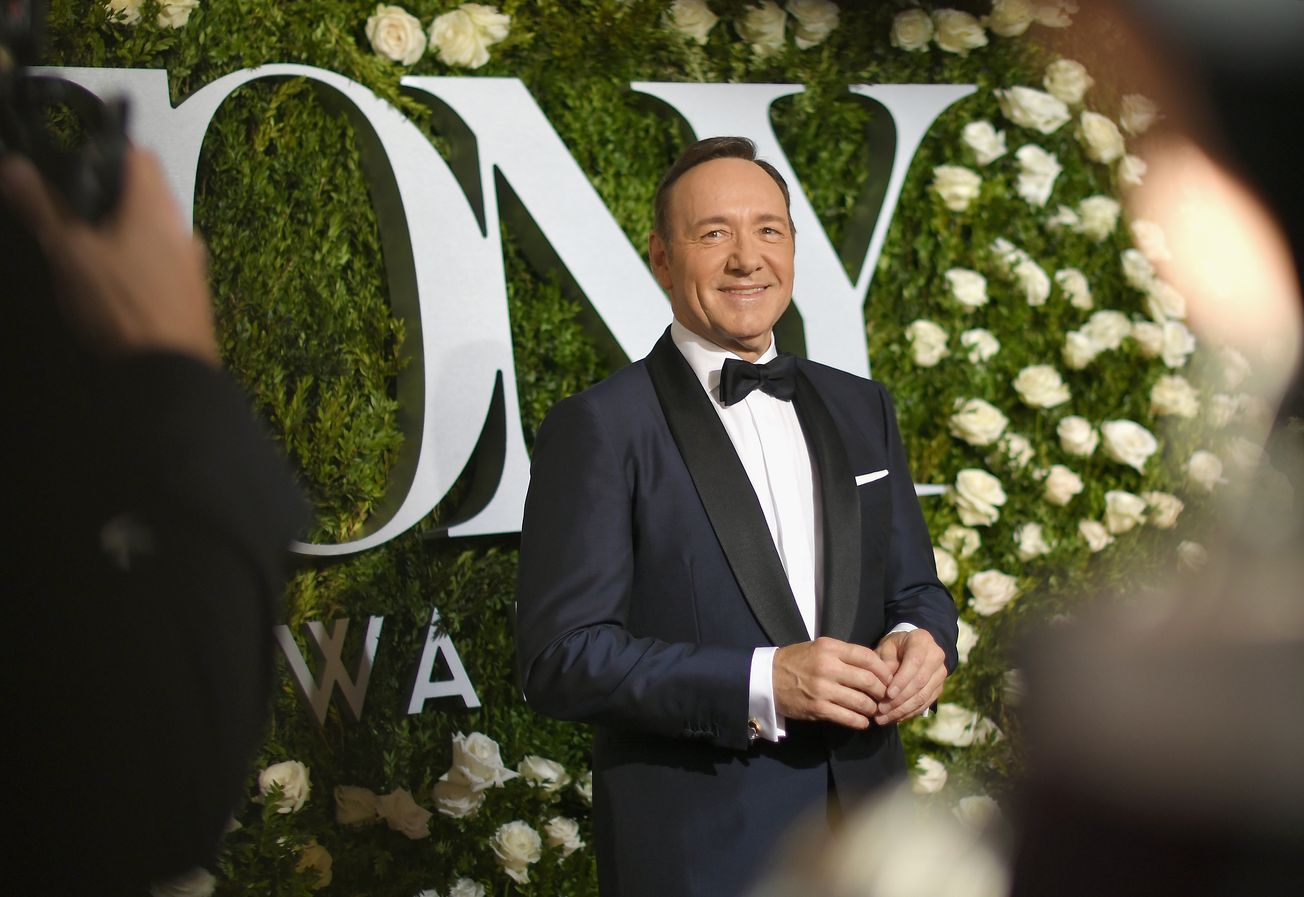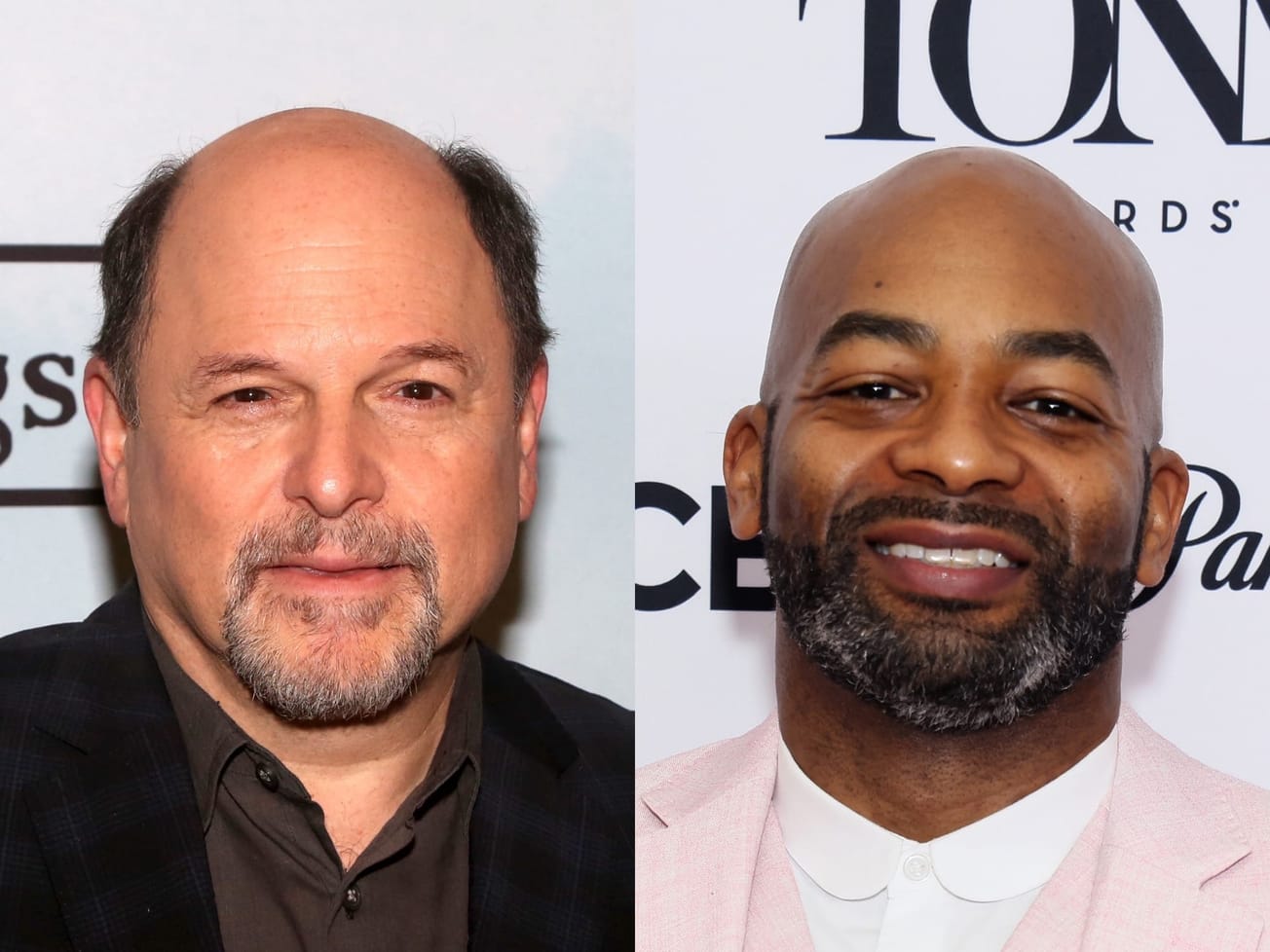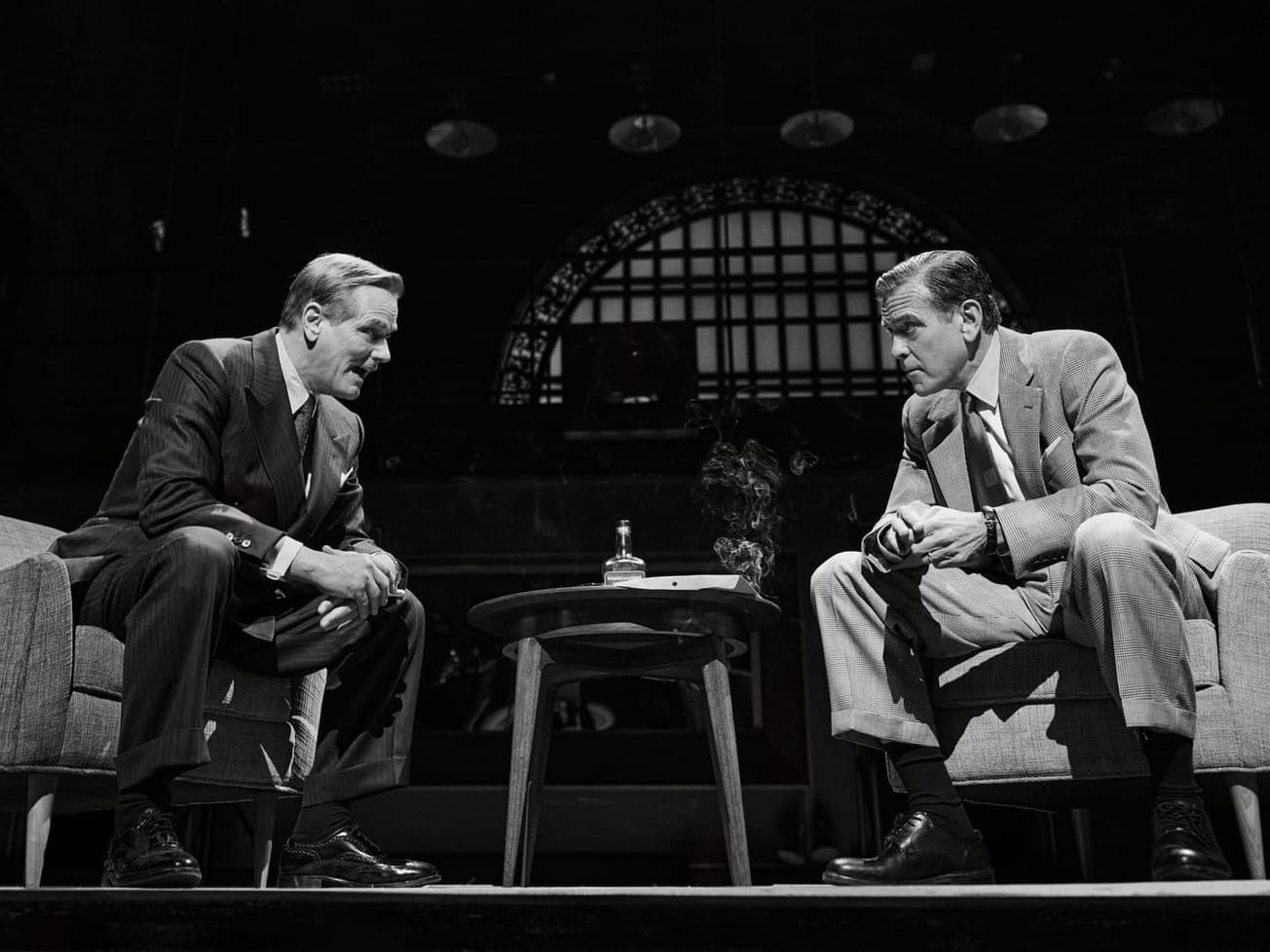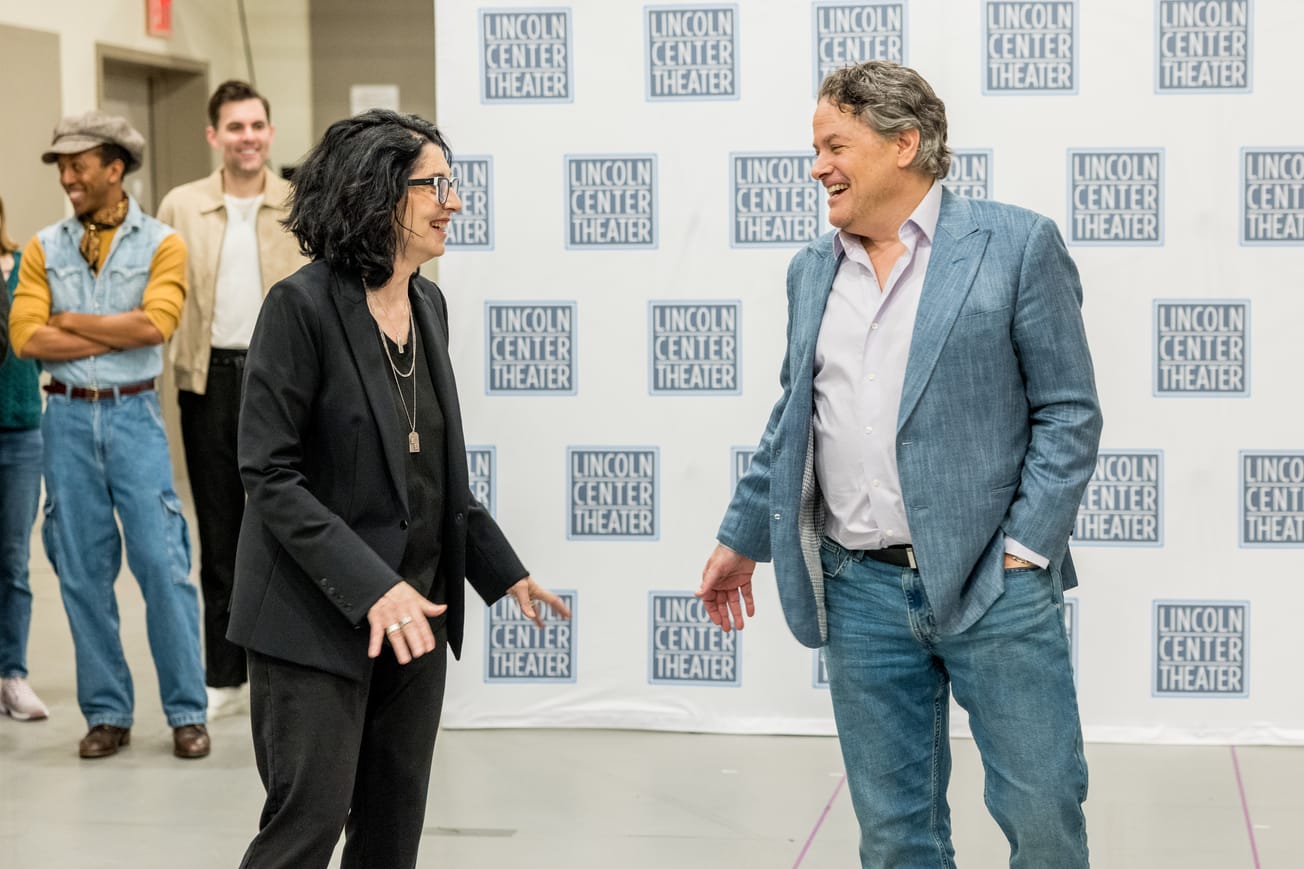The Actors’ Equity Association has conducted a national outreach on sexual harassment, as Broadway contends with allegations in the community.
The union sent an email to 1,500 producers and theaters across the country and on Broadway, urging them to explain their sexual harassment policies on the first day of a production and to clearly indicate which person handles complaints. The call for clear policies comes as the theater community considers broader protocol and as advocates implement their own processes.
“The entire world is now talking about this in the open,” said Mary McColl, executive director of Actors’ Equity. “So this is the moment for the industry to make a push.”
Sexual harassment is becoming a frequent topic of discussion in the theater world because of sexual assault allegations that continue to be arise against Harvey Weinstein, who has been a producer on at least 43 Broadway shows, according to Internet Broadway Database, and Kevin Spacey, a six-time Broadway actor and host of last year’s Tony Awards.
McColl said the topic was “front and center” at a recent international acting convention she attended and has come up at every meeting she has had in the last month.
By federal and state law, employers, whether that be the producers or, in some cases, the theaters themselves, are obligated to provide workplace safe from harassment and discrimination. However, the actual policy and its presentation can vary from state to state.
McColl said the email was intended to reaffirm the need for good policies and the need to tell actors to about those policies.
As Broadway News reported, other Broadway groups and advocates have been pushing for a clearer set of policies across the industry, with The Dramatists Guild of America calling for mechanisms “independent of any one union or employer” and the Stage Directors and Choreographers Society calling for “explicitly stated shared values,” with the caveat that forming those values could take time.
The call for standard policies can be complicated, as the employer itself is responsible for setting the policy and conducting an investigation, if called for, into sexual harassment allegations. The union’s role is to make the member aware of how to file a formal complaint, launching the investigation, and to ensure that the investigation is being conducted.
Still, McColl said she hopes the community can effect change in this recent push.
“I am all for, and Equity is all for, anything that makes the lives of acting professionals better,” McColl said.
Actors’ Equity has been working for a few years to address sexual harassment, McColl said, including implementing a training program for Equity business reps in partnership with The Actors Fund, which helps anyone in the entertainment industry.
The union will soon “rolling out the next steps” in addressing the issue, McColl said.
Outside of Equity, actor Marin Ireland, who has been advocating for expanded sexual harassment policies on Broadway since 2015, said she is working on a pilot program for mediation, in which a neutral third-party can be called to talk through sexual harassment issues with theater professionals.
While the sexual assault allegations are concerning, Ireland said she feels the community also needs to offer solutions for less clear-cut situations in which a theater professional is not sure whether an interaction constitutes sexual harassment.
“I like the idea of being able to offer a concrete option when you’re in a situation that feels like it’s in a light gray area,” Ireland said.


























































